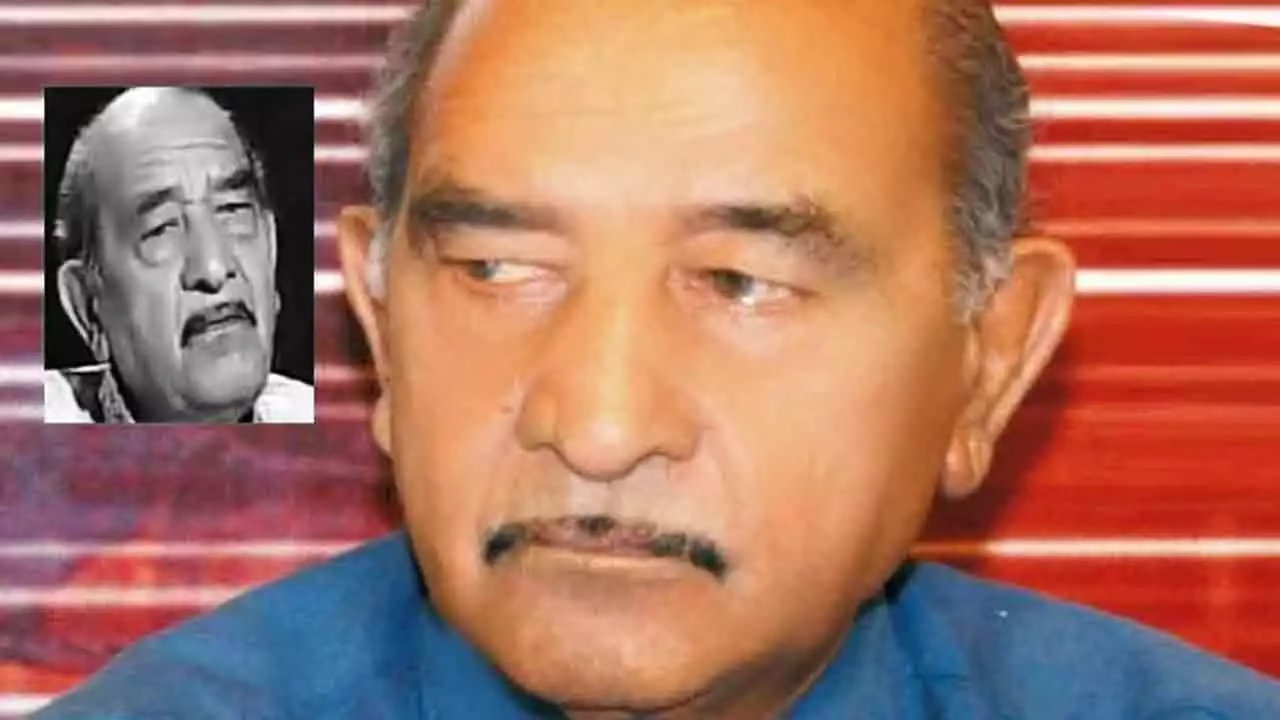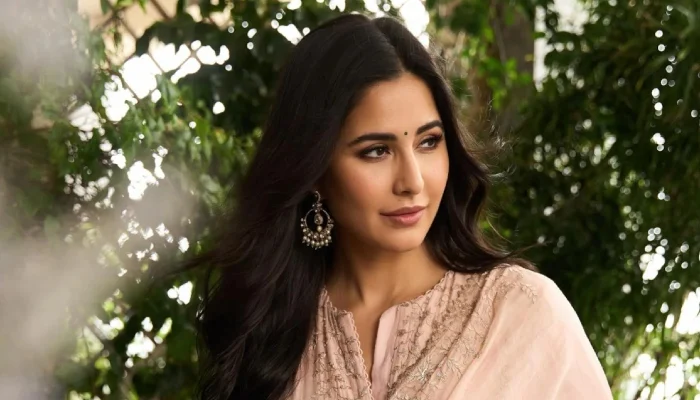Khwaja Pervez — a name synonymous with the golden era of Pakistani music — continues to live in the hearts of millions through his unforgettable lyrics. Born in 1932 in Amritsar into a Kashmiri family, his real name was Khwaja Ghulam Mohiuddin. However, it was his pen name “Pervez” that eventually became his enduring identity in the world of music and poetry.
Following the partition of the Indian subcontinent, Khwaja Pervez migrated to Pakistan with his family. They settled in Lahore, a city that would become not only his home but also the creative epicenter of his illustrious career. It was in Lahore that he nurtured his passion for poetry and music, slowly crafting a legacy that would span over five decades.
The Early Years and Rise to Fame
Although he began writing lyrics in the 1950s, Khwaja Pervez rose to prominence in 1964, marking the start of a remarkable journey in the film industry. His breakthrough marked him as one of the most sought-after lyricists in Pakistani cinema. With each passing year, his influence grew, and so did the impact of his words.
What made Khwaja Pervez stand out was his versatility. He wrote with equal mastery in both Urdu and Punjabi, effortlessly weaving emotions, rhythm, and cultural nuances into every verse. His ability to express deep emotions through simple yet poignant words made his lyrics relatable to people from all walks of life.
A Pen That Touched Every Heart
His songs weren’t just melodies — they were memories, emotions, and stories brought to life through music. Whether it was romance, heartbreak, celebration, or reflection, Khwaja Pervez’s lyrics struck a chord with listeners, leaving an imprint on generations.
One of the landmark moments in his career was his collaboration with Musarrat Nazir. The timeless wedding songs from her iconic album, still played in Pakistani weddings today, were penned by none other than Khwaja Pervez. His words captured the spirit and joy of traditional Pakistani nuptials with unmatched grace and simplicity.
He also wrote lyrics for legendary voices like Ustad Nusrat Fateh Ali Khan, Mehdi Hassan, and Madam Noor Jahan, among others. These artists brought his poetry to life, and in doing so, cemented his work in the annals of South Asian music history. His songs became chartbusters, and his poetry found a permanent place in Pakistan’s musical heritage.
A Legacy That Lives On
Khwaja Pervez passed away on June 20, 2011, in Lahore. He was laid to rest in the historic Miani Sahib graveyard, where many of Pakistan’s icons rest. Yet, even in death, his legacy thrives. His lyrics continue to echo on radio stations, television screens, and streaming platforms, reminding the world of a time when poetry and music were inseparable.
Even today, his songs are covered by contemporary artists and featured in films and dramas, proving that true art never fades. His ability to evoke emotion, tell stories, and celebrate culture through his lyrics makes him one of the greatest lyricists Pakistan has ever produced.
A Cultural Icon
Khwaja Pervez was not just a lyricist — he was a cultural icon who chronicled the emotions of a nation through song. His writing gave a voice to love, sorrow, hope, and joy. He was a bridge between classical traditions and modern expressions, and his contribution to the arts remains unmatched.
As we remember him today, we celebrate not just a man but a movement in Pakistani music. The melodies may evolve, the singers may change, but the essence that Khwaja Pervez infused into every lyric ensures that his voice will continue to sing on.



